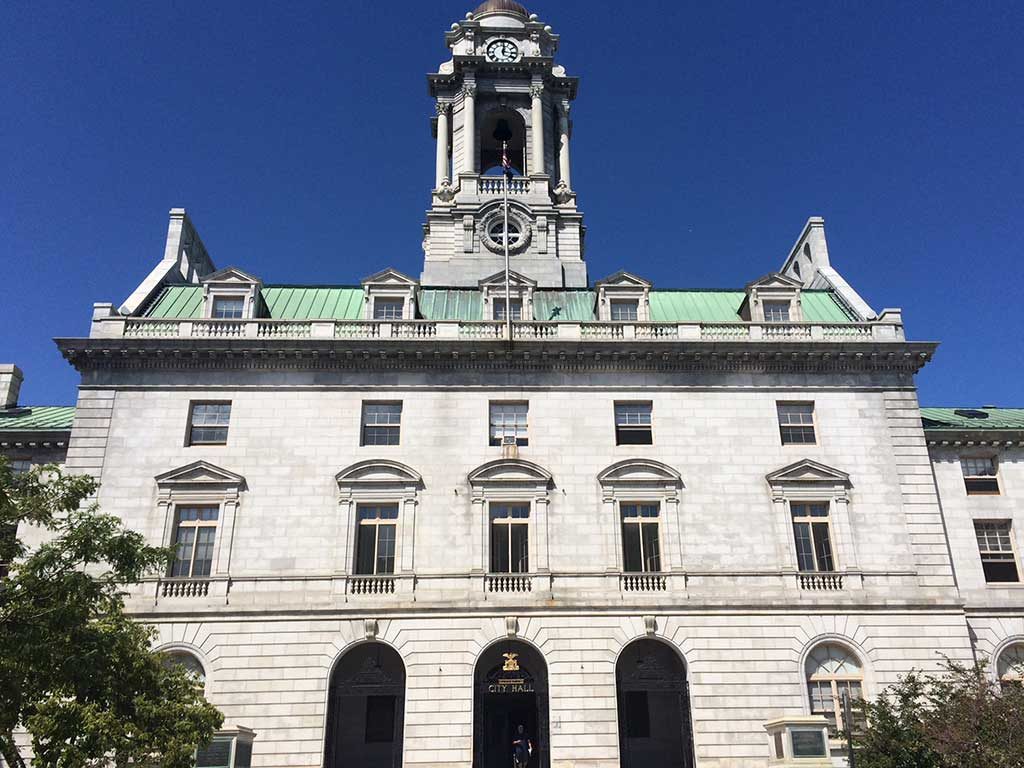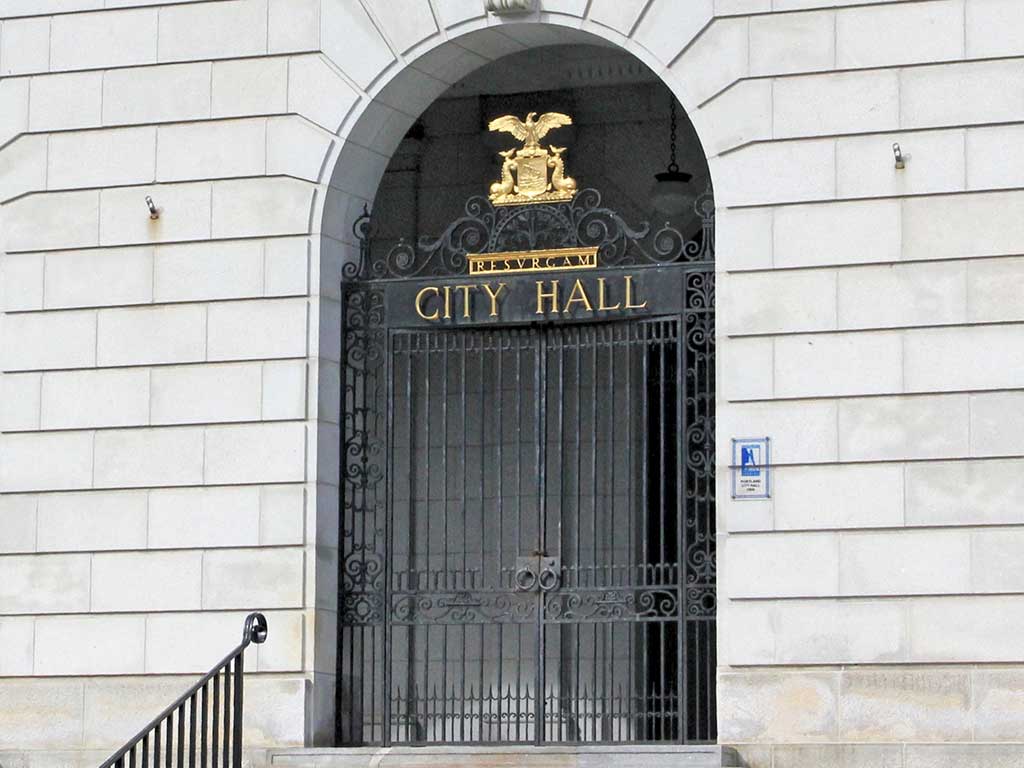Political enthusiasm may be too great for the charter commission to take a narrow view of their role
By Tony Zeli
No matter who is elected to the charter commission, whatever agendas they bring and whatever process they choose to follow, the public will be involved and ready to fight for the issues they care about.

Many will describe the city charter as being like the US Constitution, but for our city. It is not the worst metaphor. Like the Constitution, the City of Portland Charter grants powers to the city government, lays out rules for electing city officials, and begins with a pithy preamble. Unlike the Constitution, the city charter has no version of the Bill of Rights. The city charter is more focused on the perfunctory rules that enable the city to conduct business. For instance, the charter governs everything from city council and mayoral pay rates to how the city borrows money.
Another difference: the US Constitution is not regularly amended in a wholesale way by an elected commission. The Portland Charter Commission can drastically change the dynamics of government, potentially creating an entire new branch of government like an executive mayor. However, the charter commission can only make recommendations. Portland voters get to approve or reject amendments put forth by the commission.
WHY NOW?
Ultimately, a local petition for public campaign financing started off the charter commission. Fair Election Portland turned in a qualifying ballot petition for a local Clean Elections system, but the Portland City Council decided to send the issue to a charter commission rather than voters – since it would require a change to the city charter. Portland voters approved of the charter commission in a vote in July 2020.
Of course, as was the case a little over a decade ago when the city last formed a charter commission, people are ready to discuss plenty of other issues.
THE ISSUES
Public Campaign Financing
Arguably the first issue on the agenda should be public campaign financing. Like Maine’s Clean Elections system, local candidates would qualify for funding from the city to run their campaigns. The last charter commission discussed public financing, but enough commissioners were concerned about costs to sink the idea.
Role of the Mayor
The push led by progressives to create a position of a popularly elected mayor kick started the last charter commission. And the balance of power between the popularly elected Mayor of Portland and the appointed city manager has been a thorny issue ever since. Historically, the Portland City Manager holds a position of great authority that is only accountable to city councilors.
Those who opposed creating a mayor position voiced concerns about cronyism and “Chicago-style” politics. So, the charter commission of 2009 created a compromise. Or as they called it, a hybrid-system consisting of a weak political leader (the mayor) and a strong administerial leader (the city manager). The mayor has little power other than political tools and a budget veto that they have never used.
Ranked Choice Voting
Commissioners installed ranked choice voting along with the popularly elected mayor. Then in 2020 voters overwhelmingly approved a local referendum to use ranked choice voting in all city elections. However, the last charter commission wrote the language specifically for the mayor’s position, and it mandates majority support from voters. This requires a different tabulation process in multi-seat elections, like for charter commission. The current charter commission will likely discuss the following language from the charter: “the city clerk shall conduct an instant runoff tabulation as provided … until the candidate with the majority of votes cast is determined.”
Noncitizen Voting Rights
Should legal residents who are not citizens be allowed to vote for city council and school board? This issue failed to come out of the last commission. It did make it on the local ballot and barely lost a citywide vote.
Composition of Council, Term Limits, other Elected Positions

Currently, we elect nine city councilors: five each from geographically defined voting districts and four at-large, one of whom is the mayor. They serve three-year terms, except for the mayor, who gets four years to enact their political vision.
Should the council have at-large members? Maybe instead of five, twelve voting districts could match up better with our small neighborhoods? How long should city council terms be, and should there be term limits? Councilors often serve for decades. Last time a charter commission met they spent more than enough time discussing the timing of elections. Even or odd years? Summer or fall?
Also, should voters elect the city manager, clerk, and/or attorney? Others want to create and elect a public advocate.
And the list of issues up for the commission continues:
- Pay rate for elected officials and city workers
- Police accountability and public complaints
- Create a human rights commission
- Require racial impact statements on ordinances and the budget
- Create more public process in budgeting
The commission will have to determine a process for reviewing the charter, and from the start Portland residents should be involved. After all, nothing will be amended without voters’ approval.
Tony Zeli is publisher and editor. Reach him at thewestendnews@gmail.com.





2 Comments
Pingback: Valerie Kelly: Volunteer with the Portland Charter Commission Research Team - The West End News
Pingback: Charter Commission Deadline Looms - The West End News